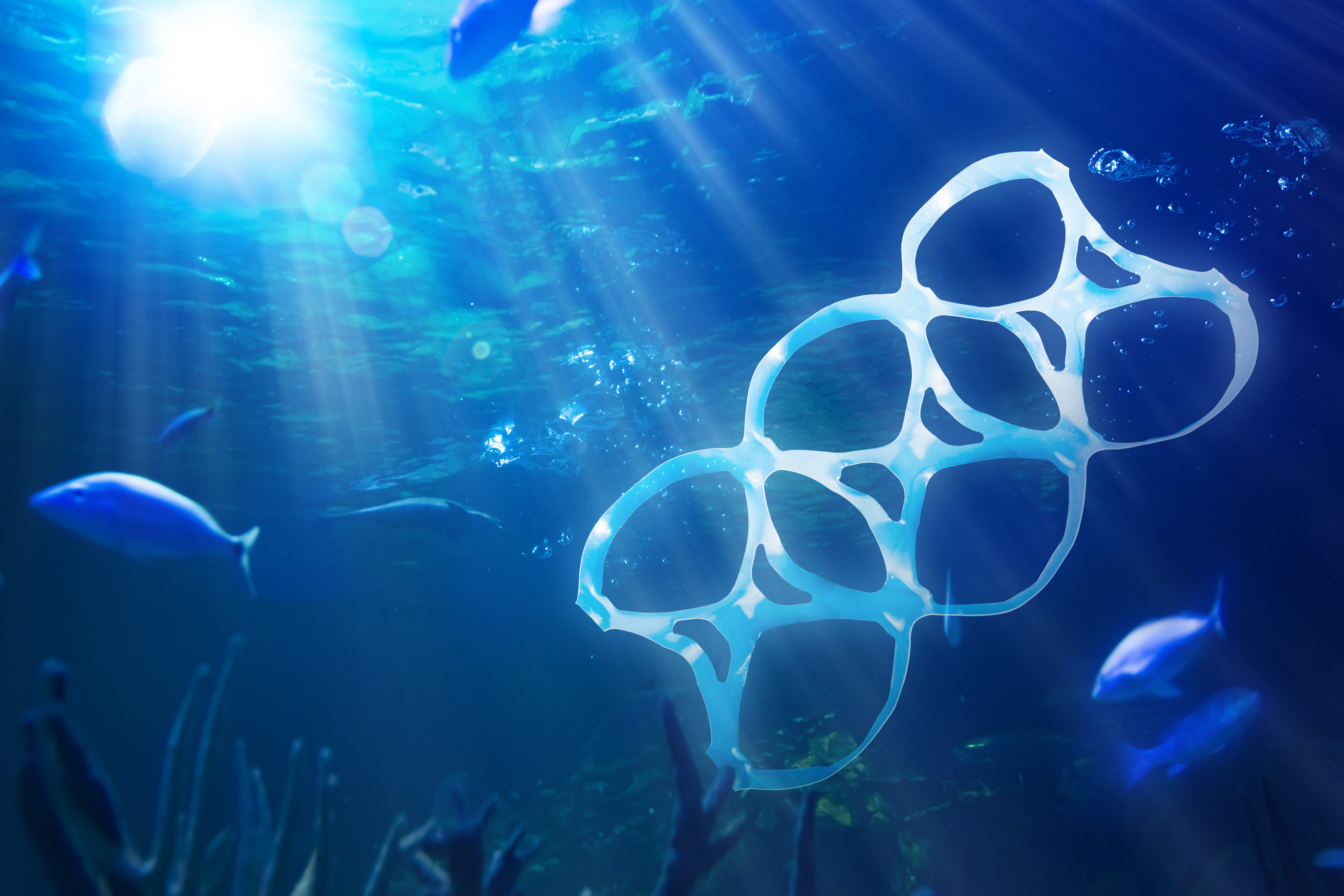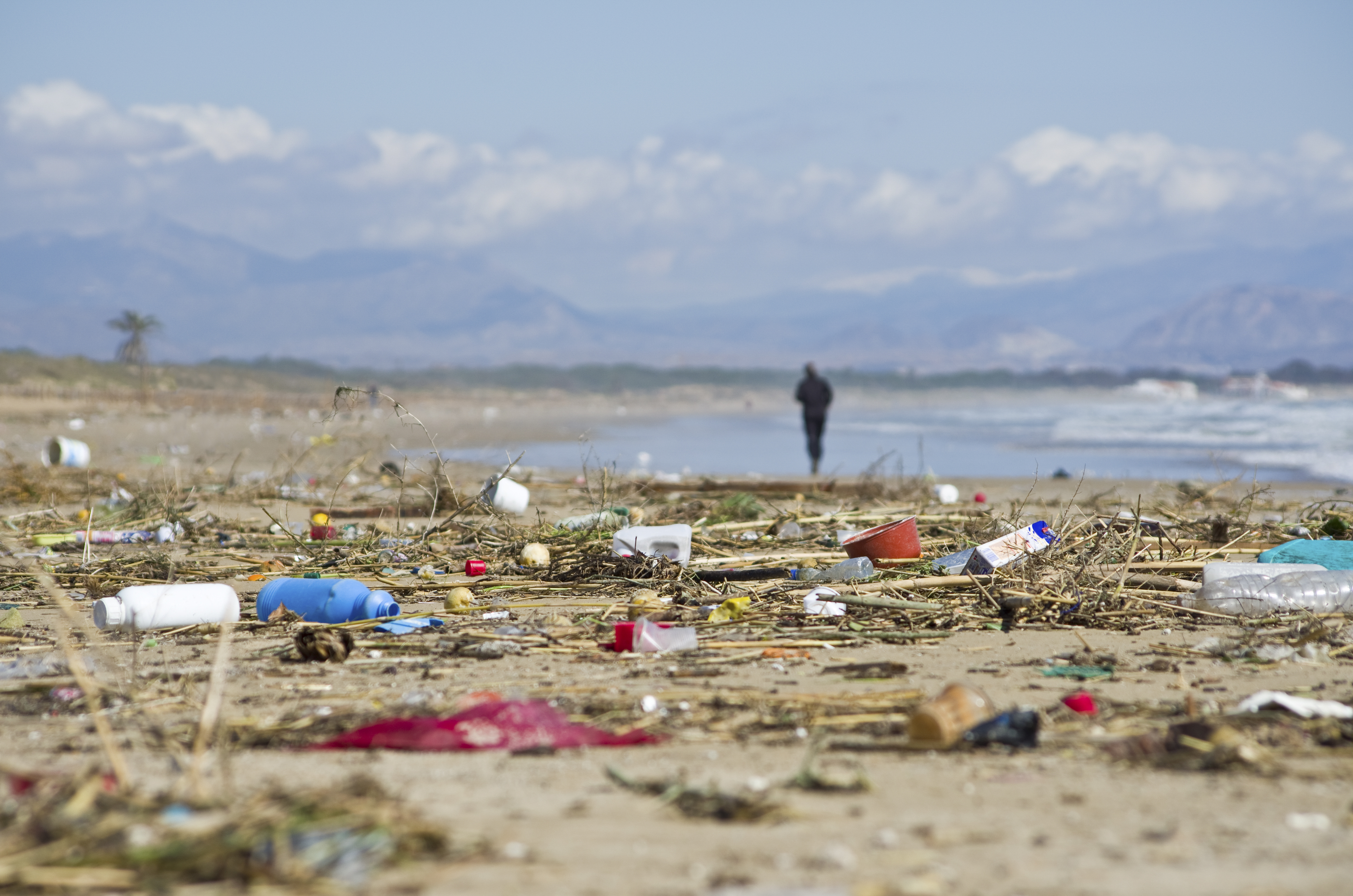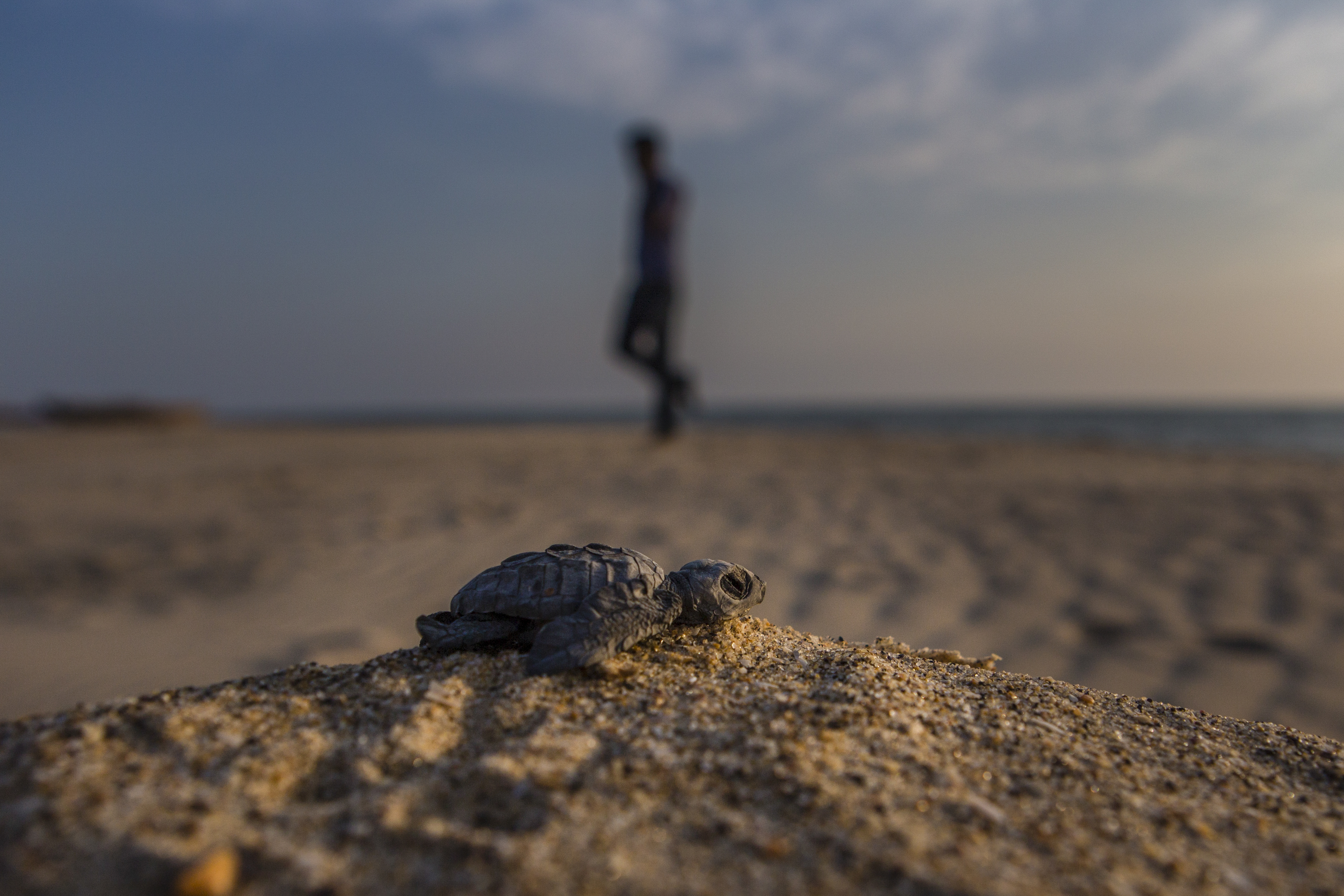There's only one ocean
 Photo: UNDP in the Dominican Republic
Photo: UNDP in the Dominican Republic
You may have heard of the seven seas, but can you name all of them? The term means different things to different people, and in fact the ‘seven seas’ are not separate and distinct bodies of water. They are all part of a single ocean system that spans the globe connecting all lands and all peoples.
What happens in one part of the ocean can impact the entire system as well as people everywhere. Without a healthy ocean, we won’t achieve the Sustainable Development Goals – the ambitious global agenda to end poverty and protect the planet by 2030
That’s why the Ocean Conference is so important. Taking place from 5 to 9 June 2017 in New York, this historic event will set out a concrete plan to restore our ocean to health so that it can continue to sustain all life.
Many threats: Why our ocean is in danger
Our ocean is life. It provides us with food, water and jobs. In fact, four out of 10 people depend on it for protein, and one in 10 rely on it for their income. The ocean also shields us from the worst effects of climate change by absorbing almost a third of our carbon emissions.
However, our ocean is under threat. Today, 40 percent of this valuable resource is heavily affected by human activity. Overfishing, pollution, acidification, habitat loss and invasive species are contributing to a rapid deterioration of our ocean’s health.
Overfishing
 By now, around 90% of global fisheries are already fished at capacity, or overfished.
By now, around 90% of global fisheries are already fished at capacity, or overfished.Oceans have been considered a limitless bounty of food for centuries. While the global demand for seafood keeps skyrocketing, fish stocks around the world are declining due to unsustainable fishing practices.
Our own actions are throwing the ocean ecosystem out of balance, putting marine life and consequently billions of people who depend on fish for food at risk.
Pollution
Our excessive use of plastics in a myriad of products has led to increasing pollution of our ocean. Each year, between 8 million and 20 million tonnes of plastic waste finds its way into our ocean and onto our shores. Plastic waste takes thousands of years to decay. Many particles are impossible to recover because of their small size. This puts the health of animals and humans at risk.
 Plastic waste takes thousands of years to decay.
Plastic waste takes thousands of years to decay.At the same time, the overall burden of nutrients reaching our ocean through untreated wastewater has roughly tripled since pre-industrial times. While nutrients are good for the ocean in limited quantities, too many nutrients cause an overgrowth of plankton, which eventually robs the water of oxygen and kills marine life. Around the world, nutrient pollution has created more than 500 coastal dead zones.
“The people of Kiribati have been living with organic rubbish and it's normal to throw rubbish anywhere you want. If pollution gets worse here, a completely different story will be told.”
- Erietera Aram, coastal cleanup campaigner
Acidification
 Coral reefs and various shellfish and molluscs are already facing challenges in fixing their shells because of acidification.
Coral reefs and various shellfish and molluscs are already facing challenges in fixing their shells because of acidification.Oceans absorb over 25 percent of human carbon dioxide emissions, leading to an increased acidity of the seawater. Many marine organisms like oysters and corals depend on minerals that can only be found at a certain pH level to form their shells and skeletons. If the availability of these minerals is limited, this can lead to dramatic losses or even extinction of certain species.
Habitat loss
Human activities like pollution, logging and coastal development contribute to the destruction of marine habitats like coral reefs, mangrove forests and seagrass beds. Today, 20 percent of the world’s coral reefs and mangroves have already been lost, collapsing entire marine ecosystems.
Invasive species
Human activities like shipping or releasing aquarium fish in the wild can introduce new plants, animals or microorganisms to an area causing harm. When the conditions in the new habitat are too favorable, alien species can disrupt the food chain and kill native marine life.
 Photo: UNDP in Cuba
Photo: UNDP in Cuba
Turning the tide: Why we need to act now
Sustainable Development Goal 14 – life below water – seeks to bring our ocean back to health by setting ambitious targets addressing the major challenges facing our ocean. From introducing more sustainable fishing practices to creating marine protected areas and encouraging ecotourism, these targets demand urgent action.

However, attaining these in time is impossible in a business-as-usual scenario. That’s why the Ocean Conference is designed as a game-changer, putting more pressure on the world community to reverse current trends and act now to save our ocean.
Make waves: How you can make a difference
UNDP is working with more than 100 countries to help restore and protect our ocean and better manage our stressed marine resources. From reducing the risks of marine invasive species to creating protected areas in Belize or safeguarding fishing livelihoods in India, we are tackling many urgent threats to our oceans around the world.

We need to act urgently to bring our ocean back to health. While it may seem like individual actions cannot reverse global trends, if we act together, we can magnify our impact.
Explore more content
Blog series
The way forward for reducing pollution
Plastic consumption can be minimized through systems and incentives that promote recovery, reuse and recycling. More in this series >
Our stories
People and the sea: Finding a balance
In India, fishing communities find ways of making a living that won’t compromise their welfare or their children's in years to come. More stories >
Publications

Sea, My Life: Protecting Oceans
A mesmerizing journey to UNDP-supported marine protected areas around the world. More >





